OpenAI’s trademark “GPT” application has been denied by the U.S. Patent and Trademark Office (USPTO). The refusal was based on “GPT” (Generative Pre-trained Transformer), a generic term describing a feature, function, or characteristic of OpenAI’s goods and services.
The USPTO reviewer determined that this term is descriptive of OpenAI’s services, and consumers encountering the acronym “GPT” would immediately understand it to communicate a feature of the services
The USPTO initially rejected OpenAI’s application in May 2022 due to a procedural error, but OpenAI resubmitted the application with the necessary payment. Despite the refusal, OpenAI still has options available.
They can file a request for reconsideration of the decision within three months, or for an extra fee, they can request a three-month extension of the decision.
What if “GPT” trademark is rejected?
It’s important to note that even if the “GPT” trademark is rejected, OpenAI still holds copyright and other intellectual property rights over their specific language models.
However, obtaining the trademark would offer broader protection against unauthorised use of the “GPT” name.
The refusal to grant the trademark has sparked controversy and raised concerns about competition and innovation in the AI industry.
If OpenAI successfully secures the trademark for GPT, it could prevent other companies from using the term, potentially discouraging the development of similar technologies.
Despite the refusal, OpenAI already holds a trademark registration for GPT-3, which did not face any registration refusal because of the likelihood of confusion or descriptiveness.
This previous success suggests the company’s attempt to trademark “GPT” may have a stronger case. However, the outcome of this trademark application will set a precedent for trademarking similar terms in the future.

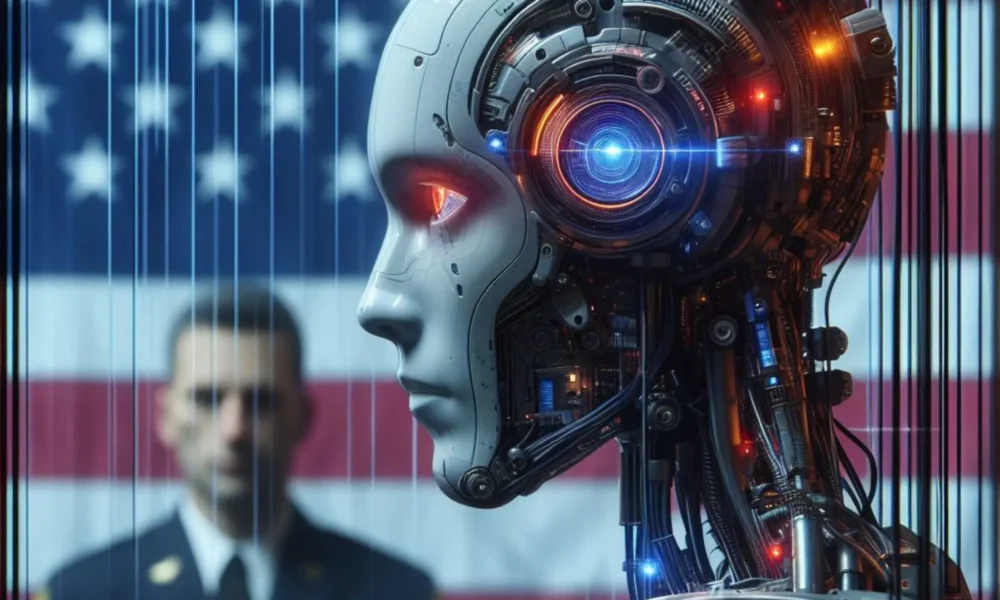


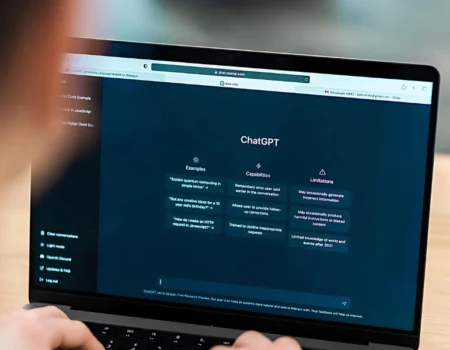
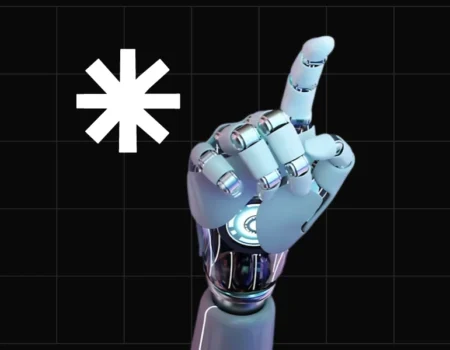
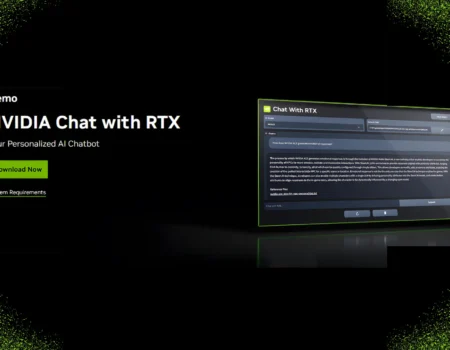
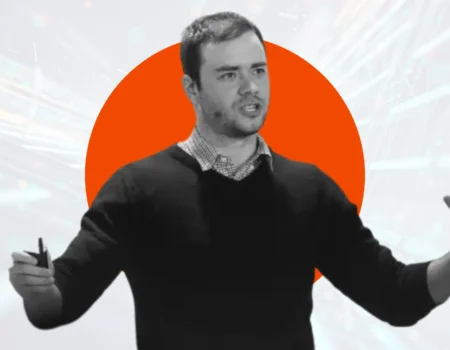
No Comment! Be the first one.